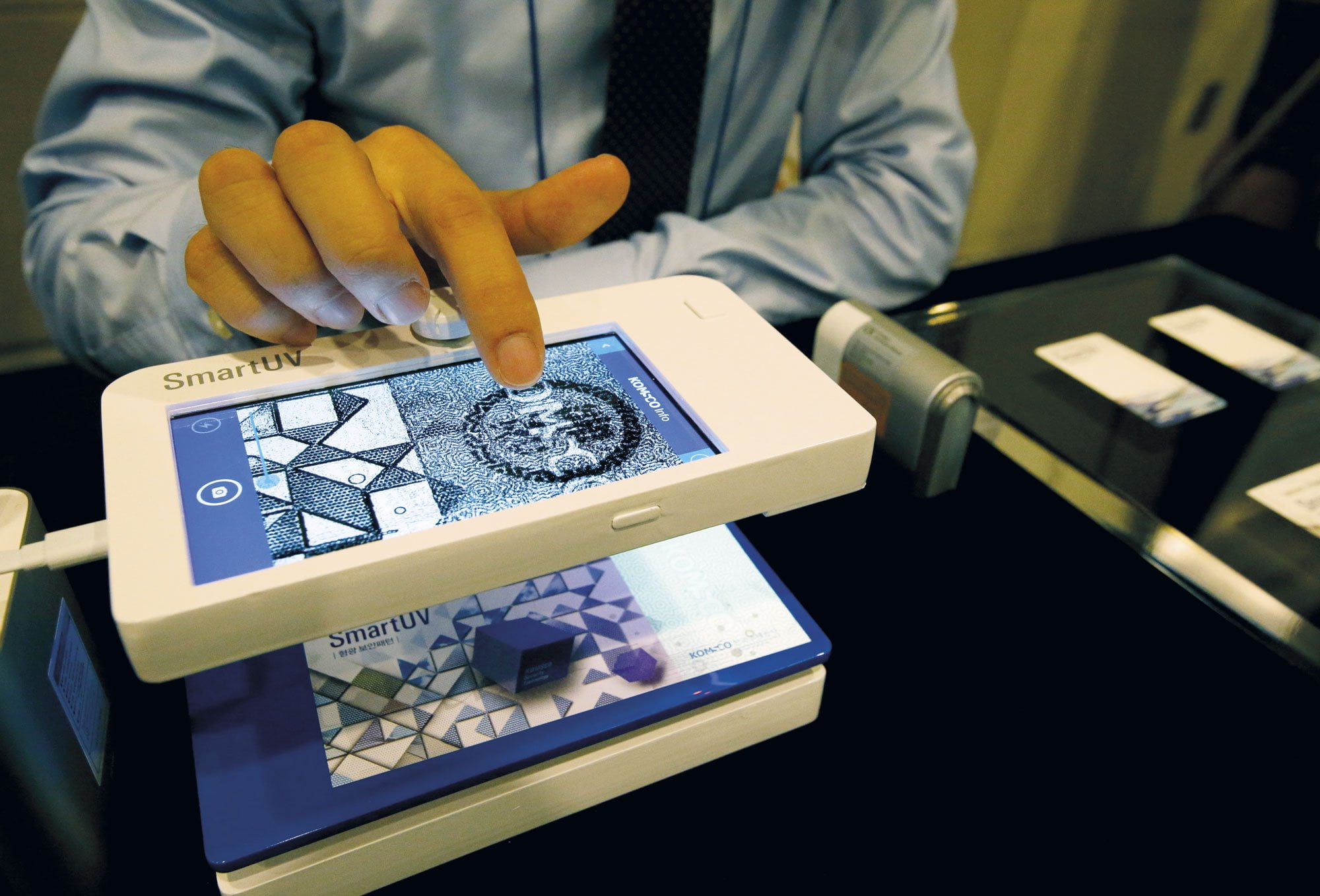
South African training regulations vicinity priority on addressing ancient training imbalances and be sensitive to the needs of an ever-increasing global information-driven environment. The instructional machine cannot be dominated using the wishes of the domestic instructional device of South Africa, ignoring the trends exerted by the global world (OECD Annual Report, 2004:44). Higher education in South Africa ought to realize that they operate and function in an understanding-driven international environment. Both home and foreign college students call for entry to the nice quality schooling on the best authentic institutions of higher training in the world.

In this regard, maximum definitions of internationalization of better schooling encompass the subsequent: “Internationalisation is a manner that prepares the network for successful participation in a more and more interdependent world … The procedure infuses all aspects of the put up-secondary education device, fostering global information and growing competencies for effective residing and working in a diverse global” (Francis, 1993 noted by way of Patrick, 1997).
The function of better education in South Africa has to be evaluated by thinking about South Africa’s reintegration into the global community. South Africa was hastily re-integrated into the arena network by acquiring nearly immediately membership of influential global corporations after 1994. Kishun (1998: fifty-nine) indicated that South Africa had become a member of the subsequent worldwide institutions: United Nations; Organisation of African Unity; Commonwealth; International Olympic Committee; Federation of International Football Associations; and Lome Convention. Integration of influential global institutions is essential; however, now not sufficient pre-circumstance for internationalization of higher education. Sustainable internationalization should be intently aligned to the rising worldwide traits and activities in the education region.
A sample length of 781 respondents from six institutions of better schooling in South Africa changed into selected. Senior college students have randomly selected the use of the ease sampling technique. A semi-structured questionnaire becomes advanced to a degree the perceived competitive profile of better schooling institutions in South Africa. The questionnaire constitutes five measuring foci, particularly:
The facts become converted into two opposite classes, specifically people who agreed with the statements and people who disagreed, allowing the researchers to derive a hypothesized agreement-war of word distribution. Neither agreed nor disagreed has been allocated to the disagreement group set, giving an anticipated disagreement reaction set of 57% (p=0.57) and a settlement reaction set of 43% (q=0.Forty three). The Binomial check turned into hired to decide whether the discovered distribution corresponds with the hypothesized distribution. The use of importance takes a look at the stage of 0.05. Furthermore, the extent of agreement or war of words with the chosen competitive statements and the enlarge of agreements between the respondents from the specific establishments at the numerous statements had been decided with the aid of executing 4 statistical tactics, particularly: ANOVA to examine the manner of respondents from the unique institutions; figuring out how an awful lot of the belief variation will be accounted for by the effect of the distinctive institutions of higher schooling; figuring out the averages for every strategic dimension to reap a demonstration of the level of settlement with the competitive statements, and figuring out the usual deviations to attain an illustration of the increase to which consensus exists in the sample.
Findings

About the strategic competitiveness of South African establishments of better education to engage in a continuous network, the respondents thought that South African institutions of better training supply low priority to draw foreign college students are not widely recognized for attracting international students, aren’t actively worried about alternate programs of college students and teachers, and do not have active engagements or agreements with other tertiary institutions, companies, and groups.
On the issue of institutional competitiveness, most people of respondents thought that institutions of higher education in South Africa have the capability to draw first-rate college students, does now not have a worldwide scholar tradition, gives qualifications which can be the world over widely wide-spread, can claim global reputability on put up-graduate level, gives aggressive tuition expenses, supply studies outputs which might be the world overdiagnosed, and aren’t without problems on hand.
In terms of product competitiveness, the majority of respondents indicated that establishments of higher education in South Africa have energetic orientation programs to familiarise foreign and home college students with the institutions, offer secure and comfy getting to know environments, provide leading statistics technology for instructional increase and excellence, do no longer without problems adapt to the wants and needs of college students, and provide handy service programs to college students.
Regarding tactical competitiveness, institutions of higher schooling in South Africa have the ability to collect a degree or diploma providing that meets or exceeds worldwide standards in terms of supplying problem content material of worldwide widespread, having an internationally acclaimed team of workers, aggressively marketing its qualifications the world over, claiming worldwide applicable via-placed and having suited furnish and loan schemes handy to students.
Conclusion and Recommendations

The majority of respondents are in a settlement that institutions of better schooling in South Africa can compete internationally on the 4 aggressive dimensions (strategic, institutional, tactical, and product). Internationalization requires that establishments of higher training in South Africa should emphasize a loosening of the relationship with the Government, regardless of the paradoxical desire to create new transformational bodies to address the beyond’ imbalances. Internationalization of higher training means that internationalized establishments perform on new extraordinary ordinate stages with personal criminal, administrative and revenue-raising powers.
















